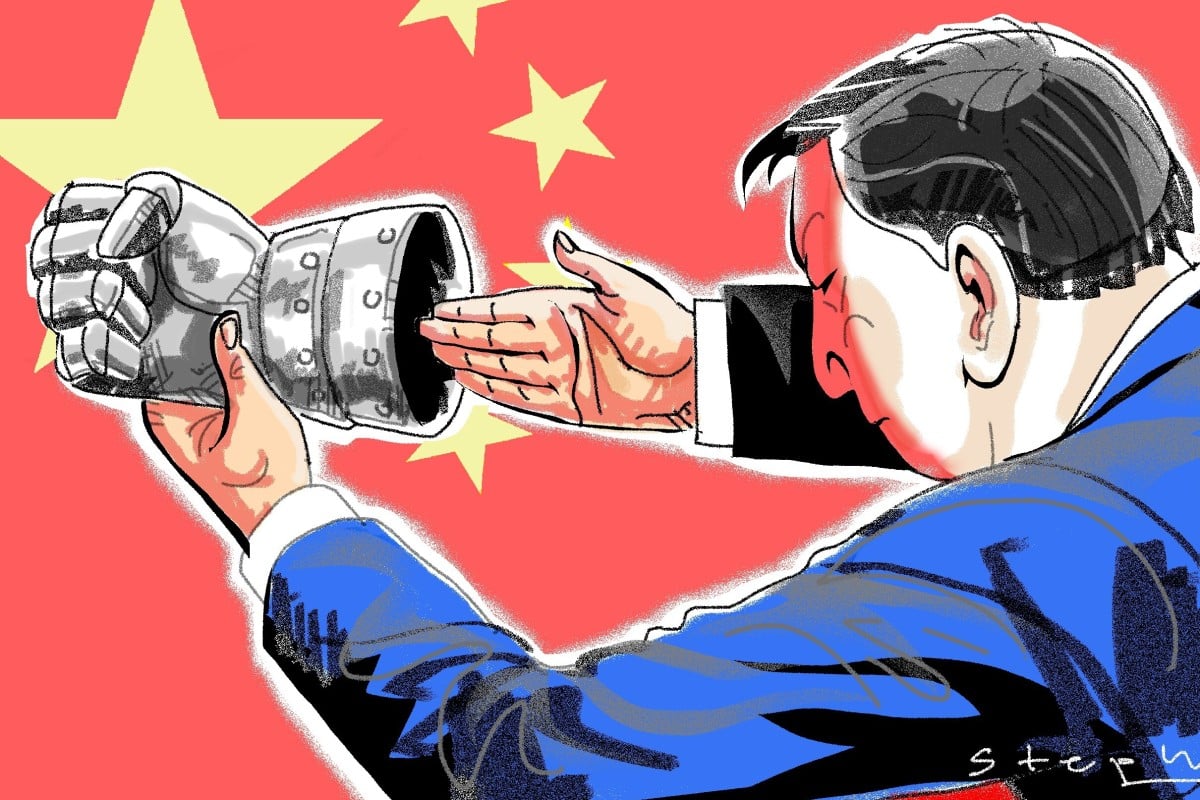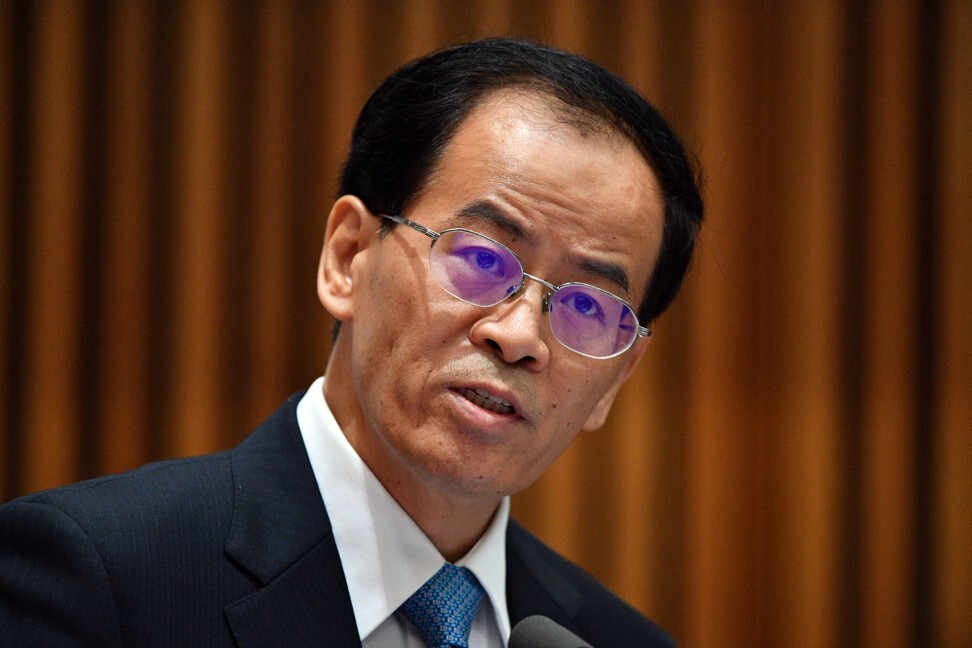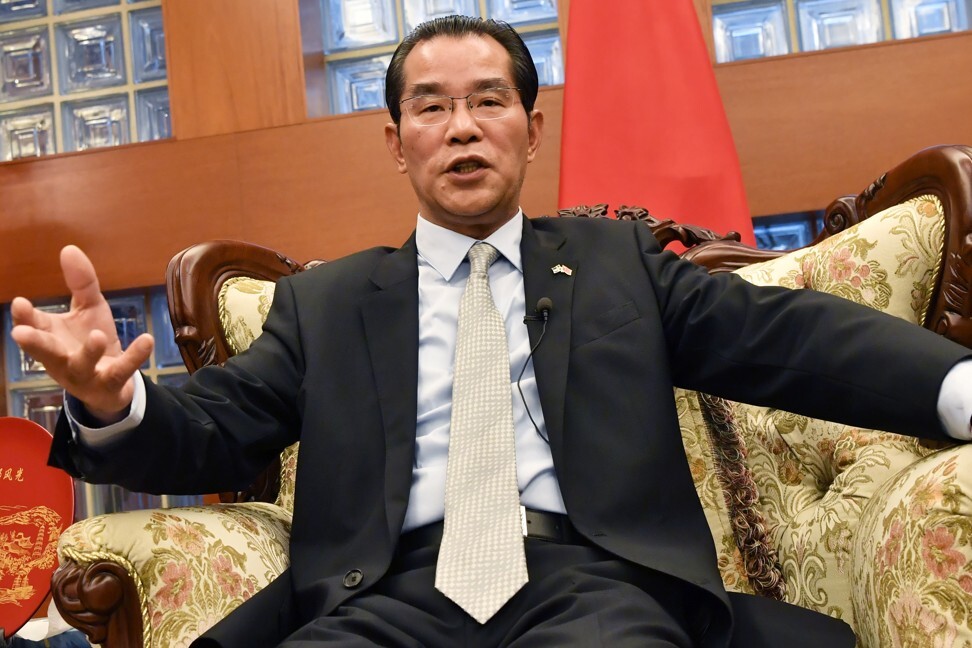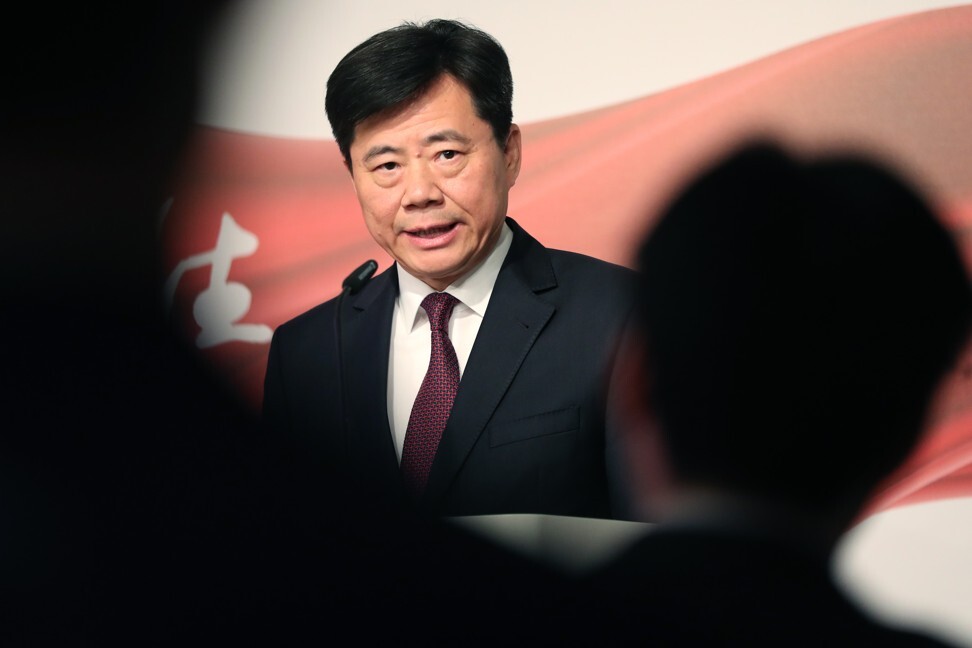
Over the past 40 years, China’s economic rise has been powered by the work, sacrifices and creativity of hundreds of millions of citizens. Yet its rise as a global power has come about thanks to many unsung heroes: its diplomats.
These well-trained, highly skilled and soft-spoken envoys made possible China’s reach, winning friends and opening markets in the process.
They carefully took time to build personal connections and trust, listen to interlocutors and dispel misunderstandings, address concerns and find workable compromises. That was the golden era of Chinese diplomacy, where professionalism and discipline were at their highest.
Today, things are changing. Chinese diplomacy is dying, in full public view. It is starting to no longer focus on external audiences, cultivating friends and opening doors, and is instead becoming an appendix of China’s propaganda apparatus, focusing on domestic audiences.

Diplomats should prevent or defuse conflicts, not amplify them. While they promote and defend their country’s interests, they are not supposed to publicly fight their host government.
If really necessary, that is the job of the government or other political or non-governmental actors, with diplomats conveying messages behind the scenes while being open and trustworthy partners, proposing alternatives and working out a compromise. If the government or other politicians have to be the “bad cop” to placate the domestic public, diplomats should be the “good cop”.

All this is happening when, in the post-Covid-19 world, China should be using diplomacy to reassure friends and partners, improve its image, mend ties, prevent ruptures and fight Sinophobia.

With these threats and sanctions on display, how many companies will risk investing millions to enter the Chinese market, when everything can come falling down in the blink of an eye? What honest consultant, no matter how China-friendly, could still advise clients that economic ties to China are worth pursuing, when unpredictable political and geopolitical risks have become the top threat?
But for now, this undiplomatic strategy seems appealing at a personal and institutional level. While some Chinese diplomats might honestly be driven by nationalist feelings, others have realised that the best way to advance their careers is by being as aggressive and nationalistic as possible, regardless of the consequences.
Foreign markets will begin to close, companies will dial down or abandon China and investments will dry up. This needs to be said as clearly as possible so that 20 years from now, Beijing cannot say it did not see it coming.
Chinese diplomats have invested untold efforts in mastering foreign languages and immersing themselves in foreign cultures. They live for years away from home and, sometimes, their family. They loyally serve China behind the scenes, with little fanfare or public recognition.
This shift will slowly damage China’s image all over the world, disappoint and drive away its friends and partners, and enable its adversaries. China’s economy will bear the brunt of the consequences, its citizens will ultimately suffer from the rising tide of Sinophobia and, eventually, its leadership will feel the full force of the political whirlwind.
Unless, that is, China remembers what diplomacy is about and its diplomats return to the work they are supposed to do.


No comments:
Post a Comment